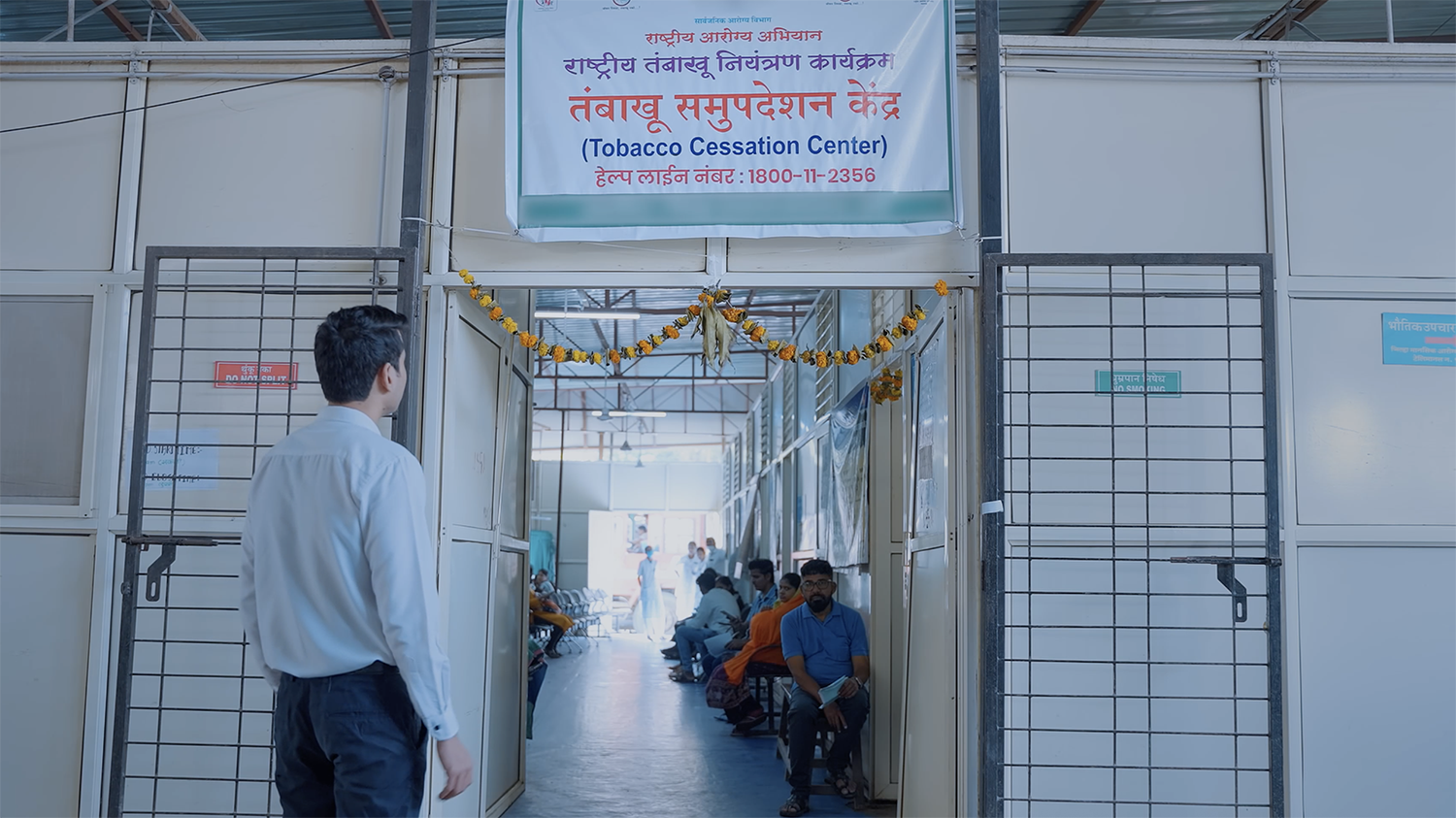Showing results 0-10 of 456
Explore our work
- Air Pollution and Health
- Alcohol Policy
- Cancer Registry Program
- Childhood Lead Poisoning Prevention
- Civil Registration and Vital Statistics
- Data Impact Program
- Data for Health
- Data for Health Global Grants Program
- Food Policy
- Gender Equity
- Overdose Prevention
- Partnership for Healthy Cities
- Road Safety
- Tobacco Control
Press
See press releases and statements, or browse media coverage.
Careers
Join our team to create a healthier world.
Vital Stories
Vital Stories is our blog, where we cover the day-to-day activities and behind-the-scenes insight into our work around the world.
Resources
Browse our publications, fact sheets, special reports, video campaigns and other materials.
Campaigns
Get Our Latest Public Health News
Join our email list and be the first to know about our public health news, publications and interviews with experts.









